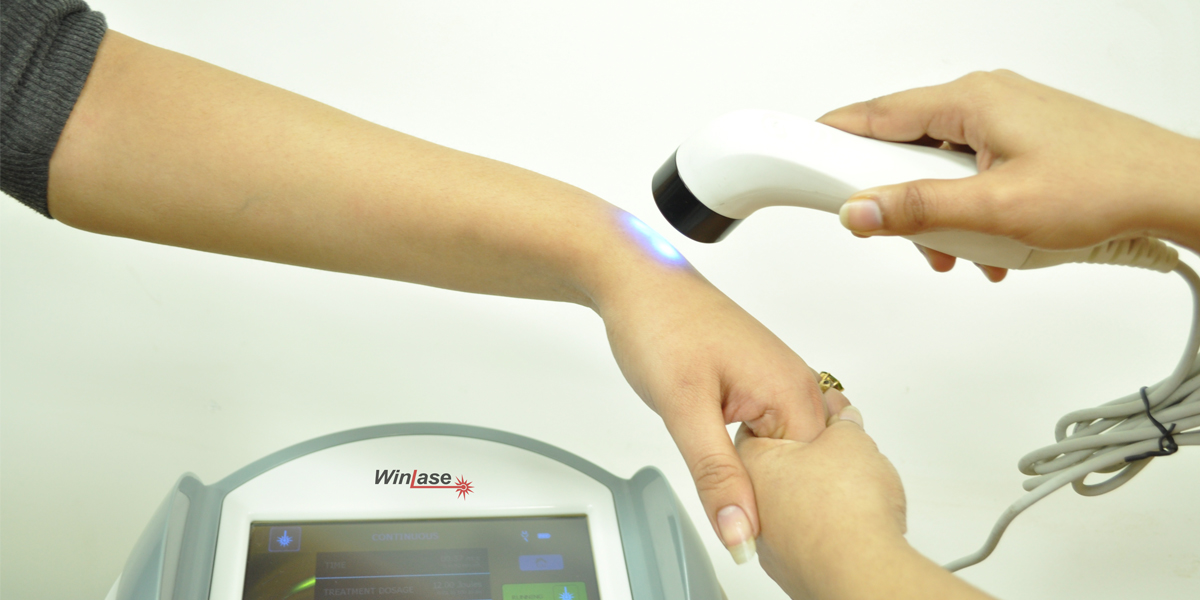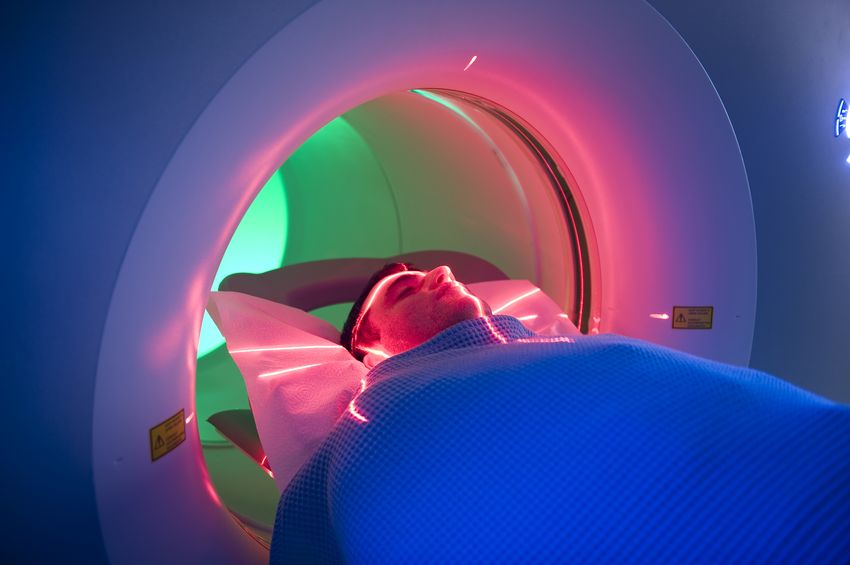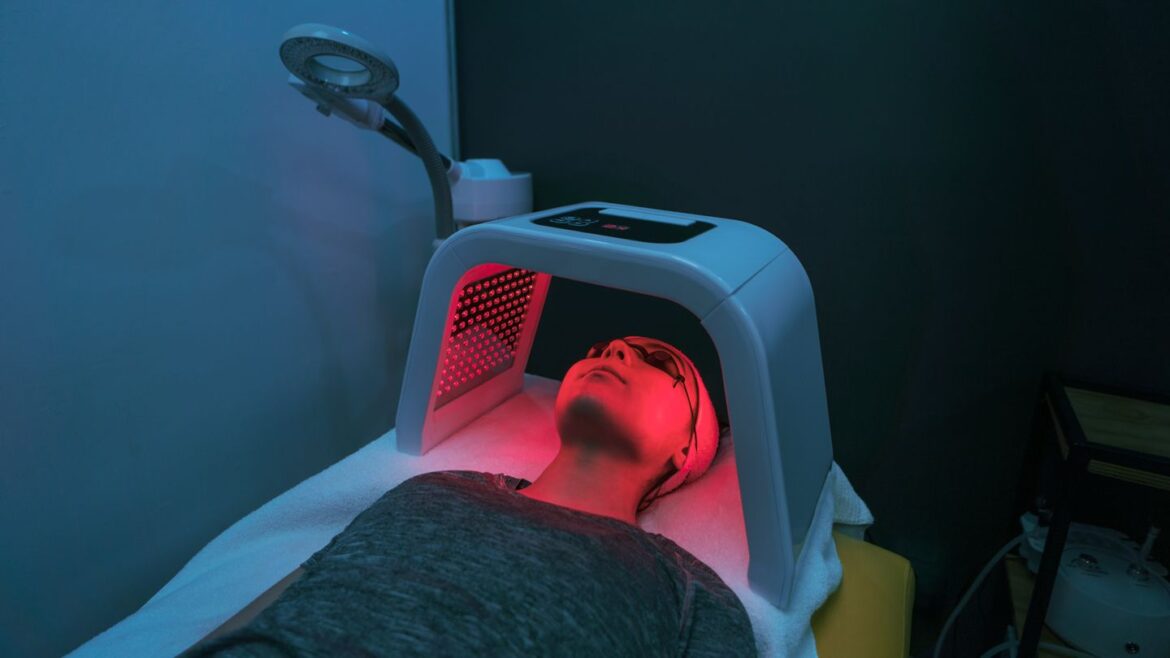The future of medical treatments and procedures has never looked brighter, thanks to the advent of laser machines. From surgeries and therapies to diagnostics, doctors are now able to rely on a tool that offers unprecedented precision in both accuracy and speed.
With lasers, physicians can identify diseases at the cellular level while also performing minimally invasive operations with less risk for patients. As this technology becomes more sophisticated, it is clear that its potential for revolutionizing healthcare is only just beginning to be realized.
In this article we will explore how laser machines are changing the landscape of medicine today and where they may take us tomorrow.
Laser Technology in Medical Treatments

Source: joharidigital.com
Laser technology has revolutionized the way medical treatments are performed. From laser-assisted surgery to precision cancer therapies, lasers have made it possible to treat a wide range of conditions with greater accuracy and less risk than ever before. Laser machines are also being used in medical imaging systems, such as MRI and CT scans, allowing for more detailed images of internal organs and tissues that would otherwise be impossible to obtain.
Laser technology is even playing an increasingly important role in diagnosing diseases earlier than ever before by extracting small amounts of tissue or fluid from patients without need for invasive procedures. As laser machines continue to evolve, they will play an ever larger part in modern medicine as surgeons look for new ways to perform complex operations with minimal damage and maximum results.
Benefits of Laser Surgery
Laser surgery is an increasingly popular and effective surgical procedure used in the medical field. It offers a range of benefits over traditional surgeries, such as faster recovery rates, reduced risk of infection, less pain and scarring, improved accuracy for targeted treatments, and shorter hospital stays. Laser machines provide surgeons with greater precision than ever before due to their ability to focus light on specific areas while avoiding healthy tissues.
This means that complex procedures can be completed quickly with fewer mistakes or complications. Additionally, laser surgery typically requires smaller incisions than other types of surgeries which reduces overall trauma to the patient’s body and speeds up healing time.
The use of lasers in medicine has revolutionized how many diseases are treated today as it allows doctors to perform precise operations that would not have been possible just a few decades ago.
Potential Uses for Lasers in Medicine

Source: prophotonix.com
Lasers are becoming increasingly popular in the world of medicine for surgeries and treatments as they offer a range of benefits that other tools cannot. From precision to speed, lasers allow surgeons to perform more accurate and efficient procedures with minimal damage to surrounding tissues.
Not only do laser machines provide an incredibly precise way of conducting surgery, but they also help reduce recovery time for patients due to their ability to minimize trauma. The potential uses for lasers in medicine are vast, ranging from eye surgery such as cataract removal and LASIK vision correction, dermatological treatments like hair removal or skin resurfacing, and even dental procedures including cavity fillings and gum reshaping. As technology advances further into the medical field, it is likely that more applications will be found for these powerful devices in order to improve patient outcomes.
Laser machines have opened up new possibilities when it comes to treating illnesses or performing operations – making what was once considered impossible now possible!
Conclusion
The future of medical technology is looking brighter than ever, with the introduction of laser machines in medicine.
Laser surgery has revolutionized the way surgeries and treatments are conducted, providing doctors and surgeons with a much more precise tool to work with. With its cutting-edge technology, it allows for faster healing times and minimal scarring.
The potential for laser surgery is immense, as doctors can now perform complex operations that were once impossible due to its exclusive accuracy and precision. As this technology continues to develop further advances in medical science will be made possible; creating better outcomes for patients all around the world while reducing healthcare costs at the same time.
In conclusion, laser machines have created a new era in medicine that promises greater success rates when it comes to surgical procedures and treatments – making them an essential component of modern day healthcare systems worldwide.

